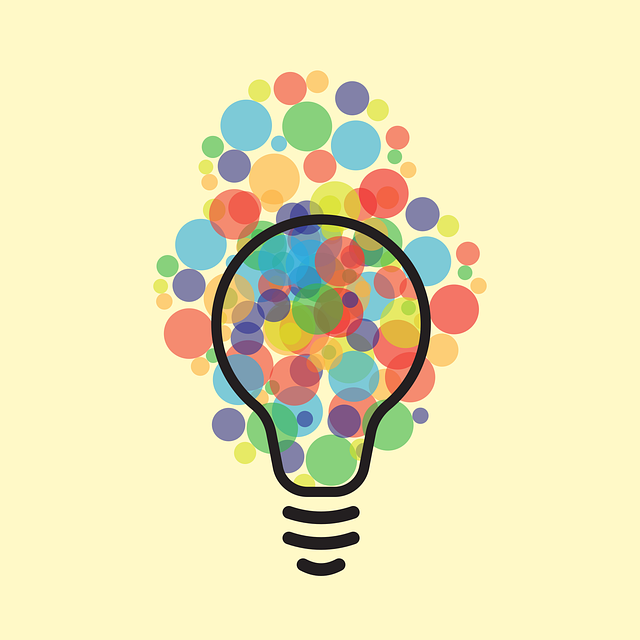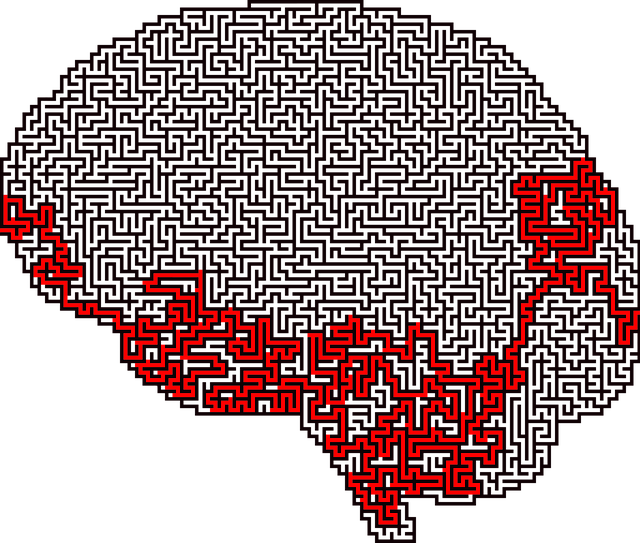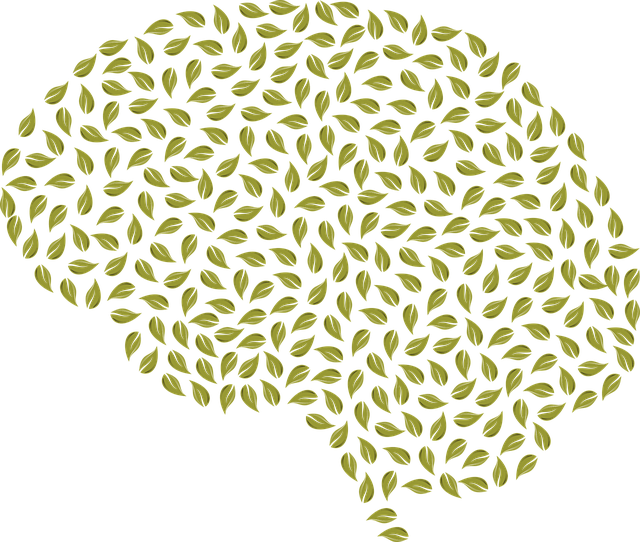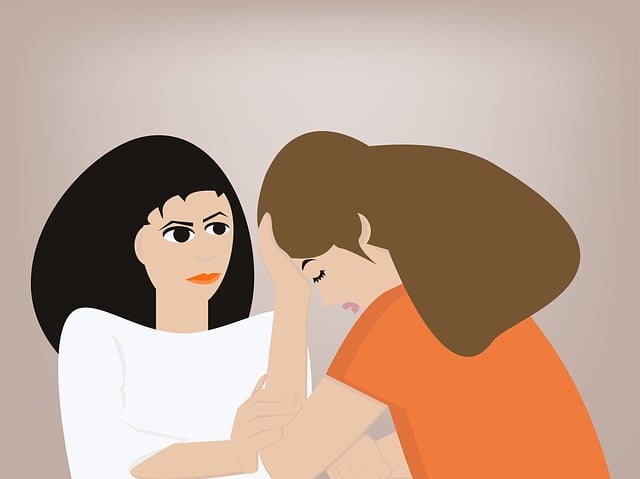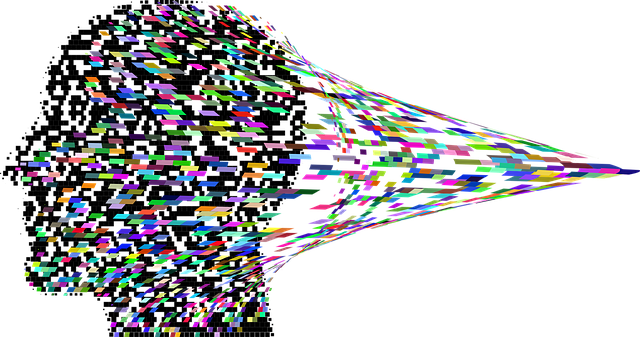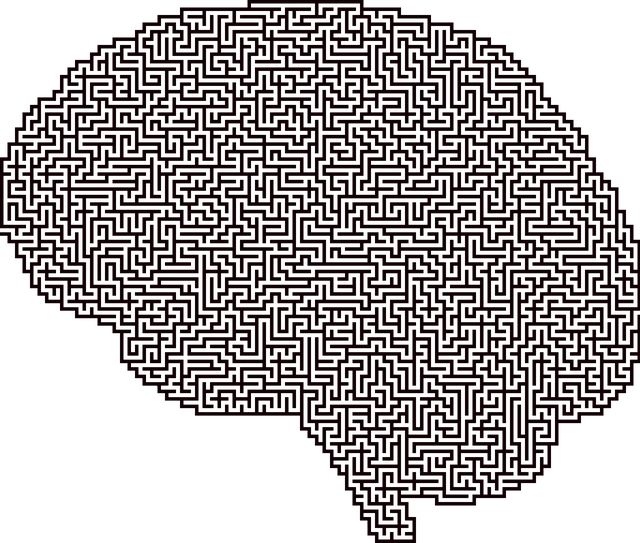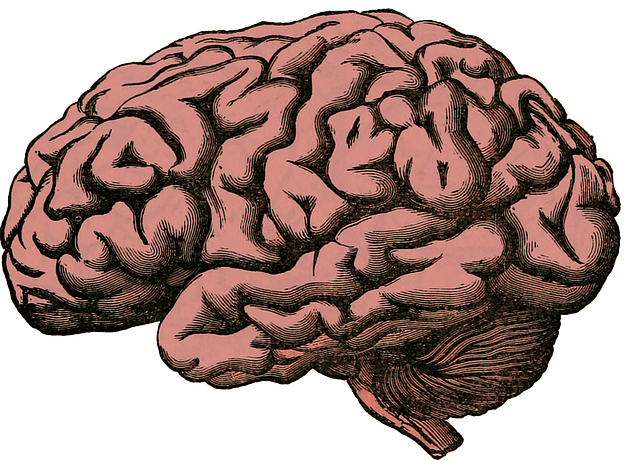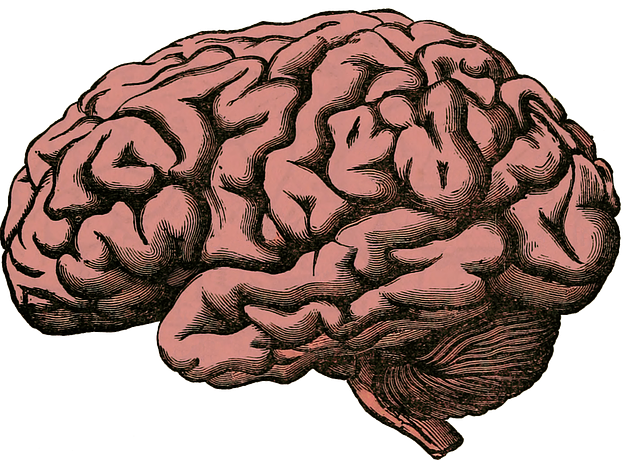Golden Dissociative Disorder Therapy (GDDT) combines mindfulness and cognitive restructuring for dissociation management, enhancing client assessments and integrating into wellness coaching. The RFM model builds resilience by focusing on resources, fortitude, and mastery, improving coping abilities and control over adversity. GDDT teaches effective alternative coping mechanisms, compassion cultivation, and positive thinking through workshops, fostering self-acceptance and optimism. Implementing RFM techniques in therapeutic settings equips therapists with tools to navigate challenging behaviors and promote safety, enhancing cultural competency and personalized treatment plans. Resilience-focused therapies like RFM demonstrate significant improvements in trauma management and emotion regulation, empowering individuals to overcome mental health challenges including GDD through structured training and risk assessment.
“Uncover the power of Golden Dissociative Disorder Therapy (GDDT) and its pivotal role in fostering resilience. This article explores the innovative approach of RFM (Resilience, Flexibility, and Mastery), a core component of GDDT, in building robust coping mechanisms. We delve into how RFM enhances individuals’ ability to navigate challenges, offering practical insights for therapists. From identifying resilient traits to real-world case studies, this comprehensive guide showcases the success of RFM in therapeutic settings, providing a valuable resource for mental health professionals.”
- Understanding Golden Dissociative Disorder Therapy: A Brief Overview
- The Role of RFM in Resilience Building Exercises
- Identifying and Enhancing Resilient Coping Mechanisms
- Practical Applications: Implementing RFM in Therapeutic Settings
- Case Studies: Success Stories through RFM and Resilience Training
Understanding Golden Dissociative Disorder Therapy: A Brief Overview

Golden Dissociative Disorder Therapy (GDDT) is a specialized approach designed to help individuals coping with dissociative disorders, offering a unique pathway to healing and resilience. This therapy leverages the power of mindfulness and cognitive restructuring techniques to help clients integrate their experiences, emotions, and memories in a safe and controlled manner. The goal is to reduce symptoms of dissociation, enhance self-awareness, and rebuild a strong sense of identity.
Incorporating GDDT into risk management planning for mental health professionals can be invaluable. By understanding the intricacies of this therapy, practitioners are better equipped to conduct thorough risk assessments for their clients. Moreover, integrating these techniques into mental wellness coaching programs development can significantly contribute to fostering resilience and promoting overall well-being in individuals facing dissociative challenges.
The Role of RFM in Resilience Building Exercises

Resilience is a vital component of mental wellness, enabling individuals to bounce back from challenges and adversity. This is where RFM (Resources, Fortitude, and Mastery) comes into play as a powerful framework in resilience-building exercises. The RFM model offers a structured approach to enhancing one’s coping skills, especially for those dealing with issues like Golden Dissociative Disorder Therapy (GDDT).
By focusing on these three key areas, individuals can develop a robust mental toolkit to navigate stressful situations. Resources refer to the tools and support systems available, fortitude is about building inner strength and resilience, and mastery involves acquiring skills to manage and overcome challenges effectively. Through various exercises designed to strengthen each aspect of RFM, participants in Mental Wellness Coaching Programs Development can foster a sense of control, adaptability, and confidence, ultimately improving their overall ability to cope with life’s curveballs.
Identifying and Enhancing Resilient Coping Mechanisms

Identifying and enhancing resilient coping mechanisms is a pivotal aspect of navigating life’s challenges. This process involves delving into one’s mental arsenal to uncover both effective and ineffective strategies for managing stress and adversity. For individuals dealing with complex conditions like Dissociative Disorder, Golden dissociative disorder therapy offers a roadmap to foster resilience. Through this therapeutic approach, individuals learn to recognize and detach from unhelpful coping mechanisms, replacing them with healthier alternatives.
Compassion cultivation practices play a significant role in building resilience by nurturing self-acceptance and empathy towards oneself and others. Positive thinking, while often touted as a quick fix, is an essential component of stress management workshops that teach individuals to reframe negative thoughts and cultivate optimism. Stress management workshops within organizations can empower employees to build resilience, ensuring they are equipped to handle workplace pressures while maintaining emotional well-being.
Practical Applications: Implementing RFM in Therapeutic Settings

Implementing Resourceful Front-line Management (RFM) techniques in therapeutic settings offers a powerful approach to enhancing resilience and trauma support services, especially for individuals struggling with complex conditions like Dissociative Disorder. RFM empowers therapists by providing them with practical tools and strategies to navigate challenging behaviors, promote healthy conflict resolution techniques, and foster a sense of safety within the therapeutic relationship.
By integrating RFM into Golden Dissociative Disorder Therapy, healthcare providers can enhance their cultural competency training, ensuring they meet clients’ unique needs effectively. These exercises facilitate a deeper understanding of the client’s experiences, helping therapists to create personalized treatment plans that address underlying conflicts and promote resilience. Through this approach, Trauma Support Services can offer more comprehensive care, enabling individuals to regain control and develop coping mechanisms for a better quality of life.
Case Studies: Success Stories through RFM and Resilience Training

Resilience is a powerful tool for recovery from various mental health challenges, and RFM (Resilience, Flexibility, and Mastery) training has emerged as an effective approach. Case studies highlight successful transformations through this method, particularly in treating Golden Dissociative Disorder (GDD). Participants have reported significant improvements in their ability to manage traumatic experiences and regulate emotions, thanks to the structured nature of RFM therapy. This therapeutic framework teaches individuals to develop inner strength and cope with distressing events, leading to enhanced resilience.
Trauma Support Services often integrate RFM techniques into their programs, recognizing its potential to empower individuals. By participating in these exercises, clients gain practical skills for navigating life’s challenges. Moreover, risk assessment becomes a crucial aspect of mental health professional training, ensuring they can identify and support individuals at risk effectively. Through such interventions, professionals can foster an environment that nurtures resilience, enabling those affected by GDD or similar disorders to rebuild their lives.
Golden Dissociative Disorder Therapy (GDDT) offers a powerful approach to addressing complex trauma, and its integration with resilience-building exercises proves highly effective. By employing techniques like RFM (Resource, Focus, Mastery), individuals can develop enhanced coping mechanisms, fostering resilience in the face of adversity. The practical applications highlighted in this article demonstrate how GDDT, combined with targeted training, can transform lives, as evidenced by successful case studies. This holistic approach to therapy equips folks with the tools needed to navigate life’s challenges, ensuring a brighter and more resilient future.
